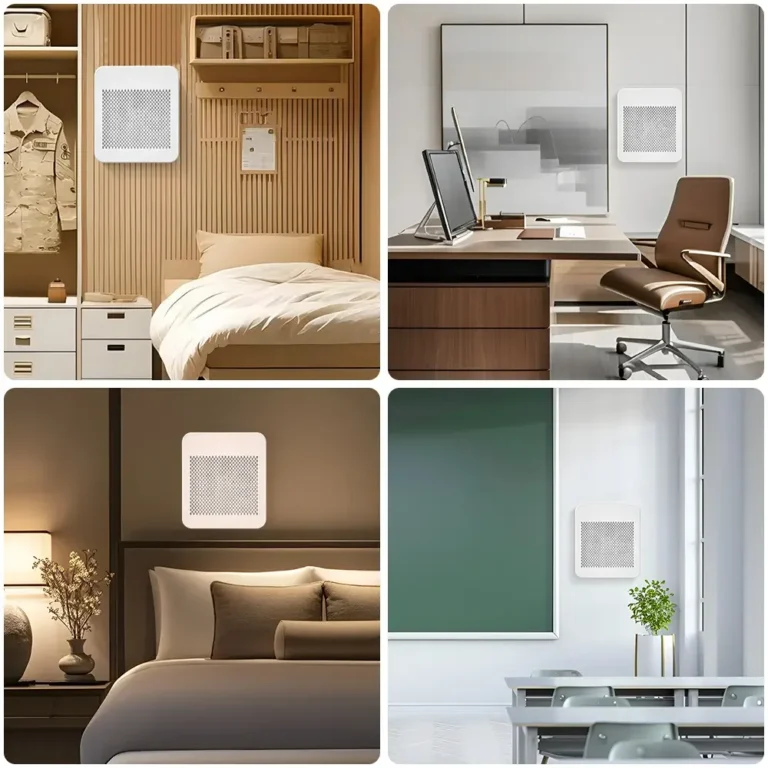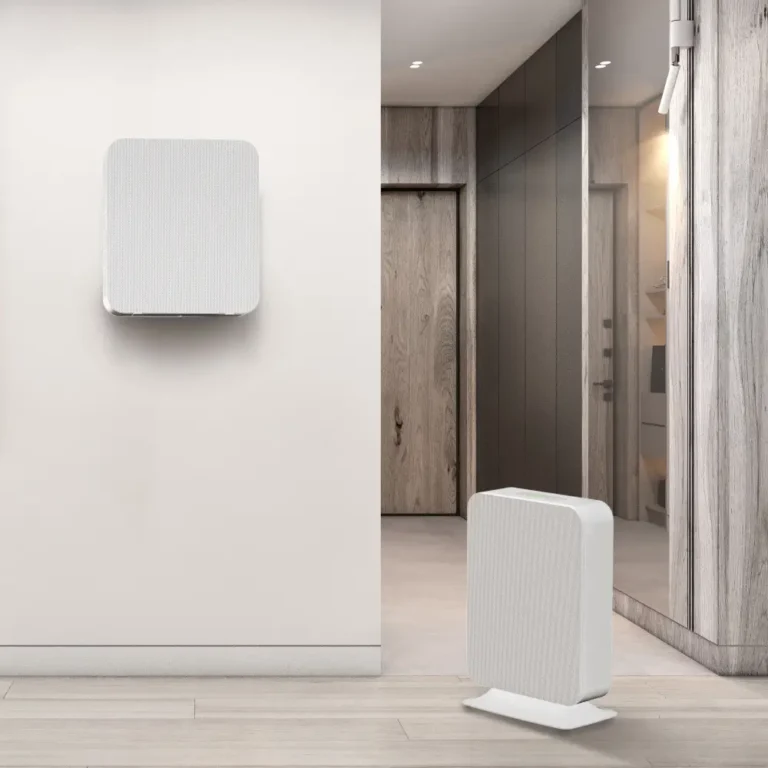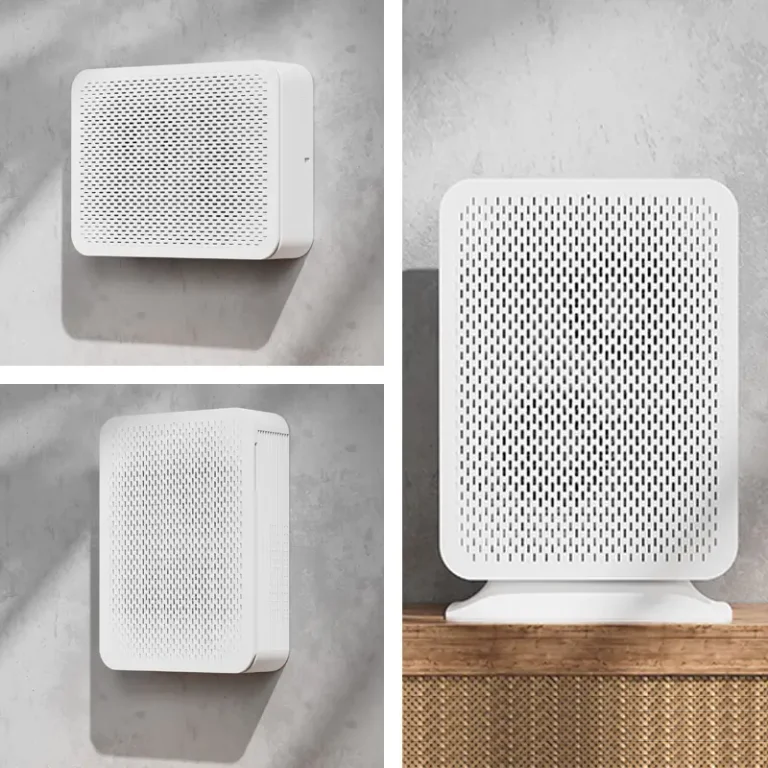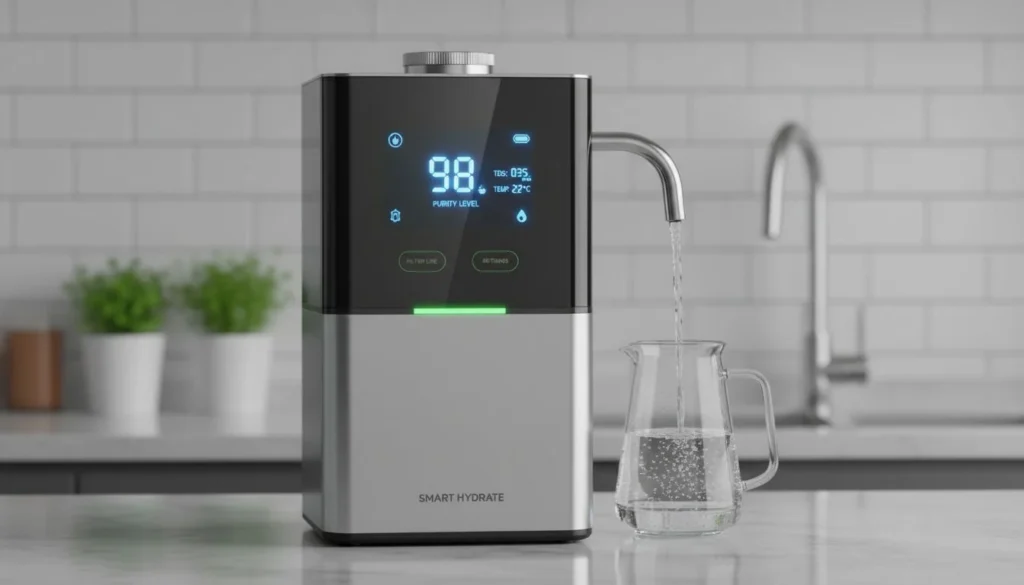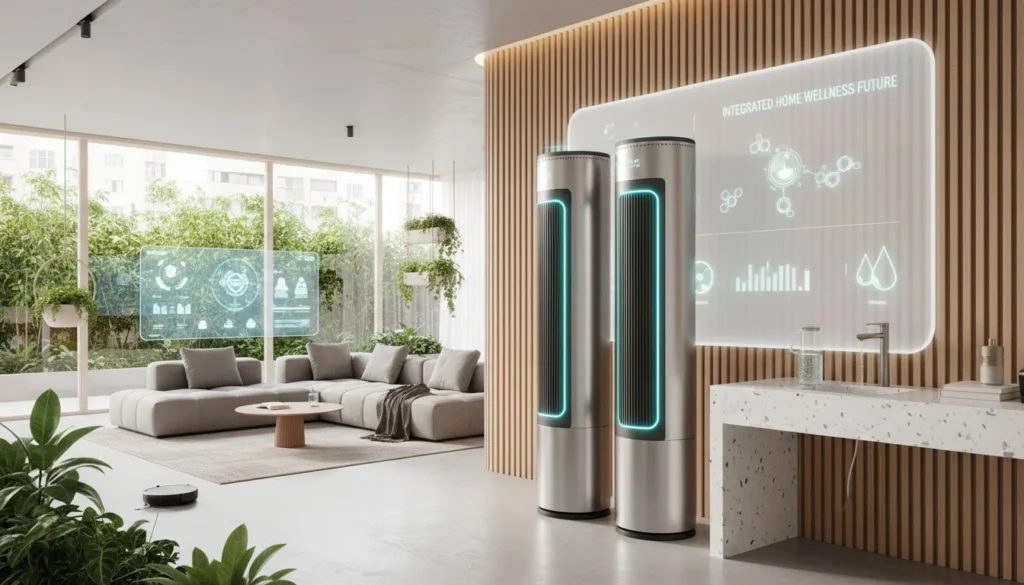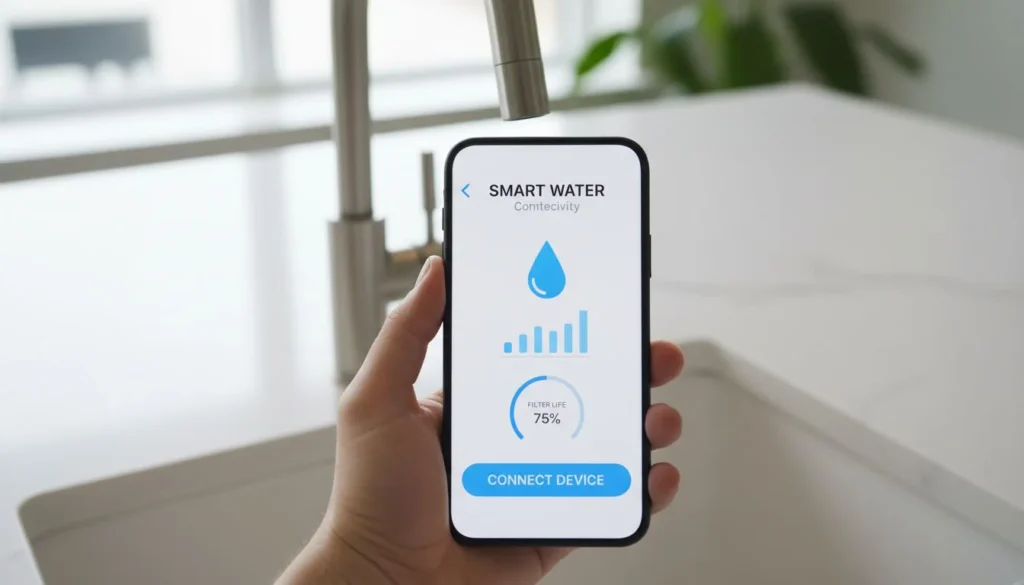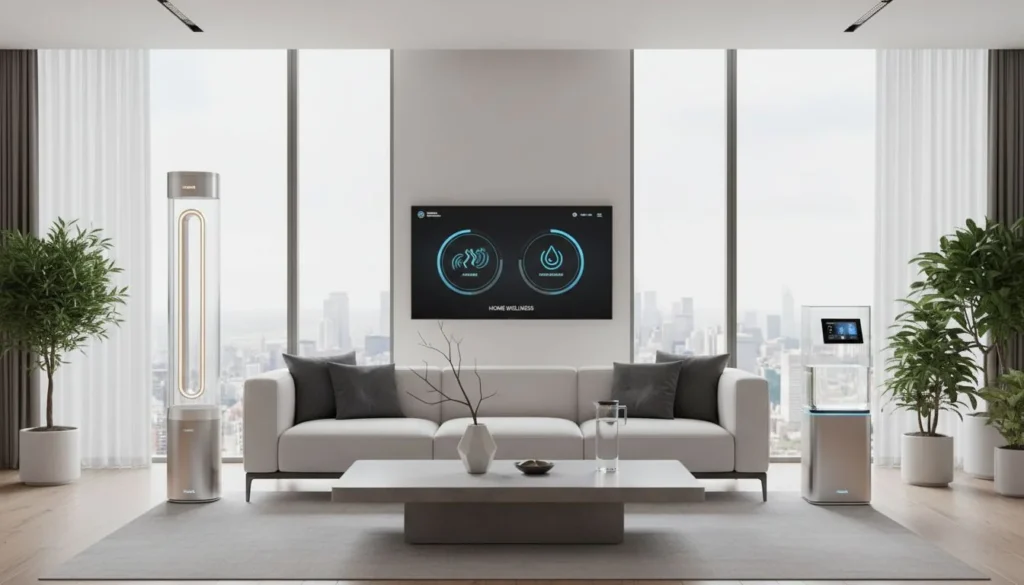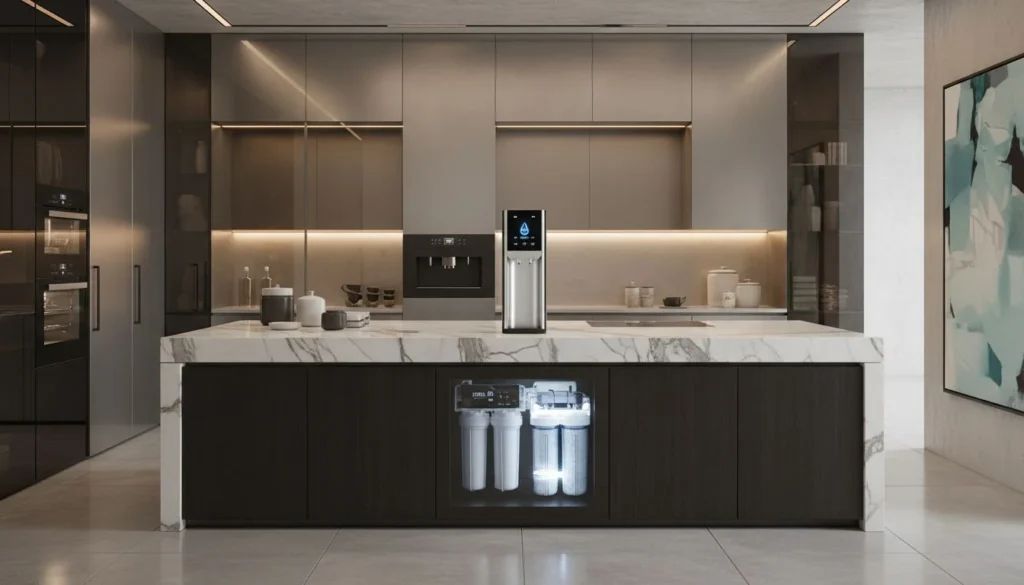Honeywell is one of the most notable brands of air purifiers today. It sets the standard for HEPA air purifiers; in fact, even HisoAir air purifiers are designed to compete with this brand. Of course, the quality of Honeywell is due to its state-of-the-art facilities and production techniques.
Honeywell, formally known as Honeywell Inc., is an American conglomerate with extensive reach on the global market. This North Carolina-based company established itself in building technologies for residential, commercial, and industrial applications. Specifically, it has four areas of specialization: aerospace, performance materials, productivity solutions, and technology building.
Meanwhile, Honeywell air purifiers are known for their impeccable performance, especially in filtering microscopic contaminants. They have tested-and-tried capabilities, especially in residential applications. Furthermore, many allergy sufferers are using Honeywell air purifiers because of their efficiency in trapping contaminants.
Again, the functionality of Honeywell air purifiers is due to the company's strict quality control in their assembly plants. But do you know where these high-quality air purifiers are being manufactured?
Where Are Honeywell Air Purifiers Manufactured?
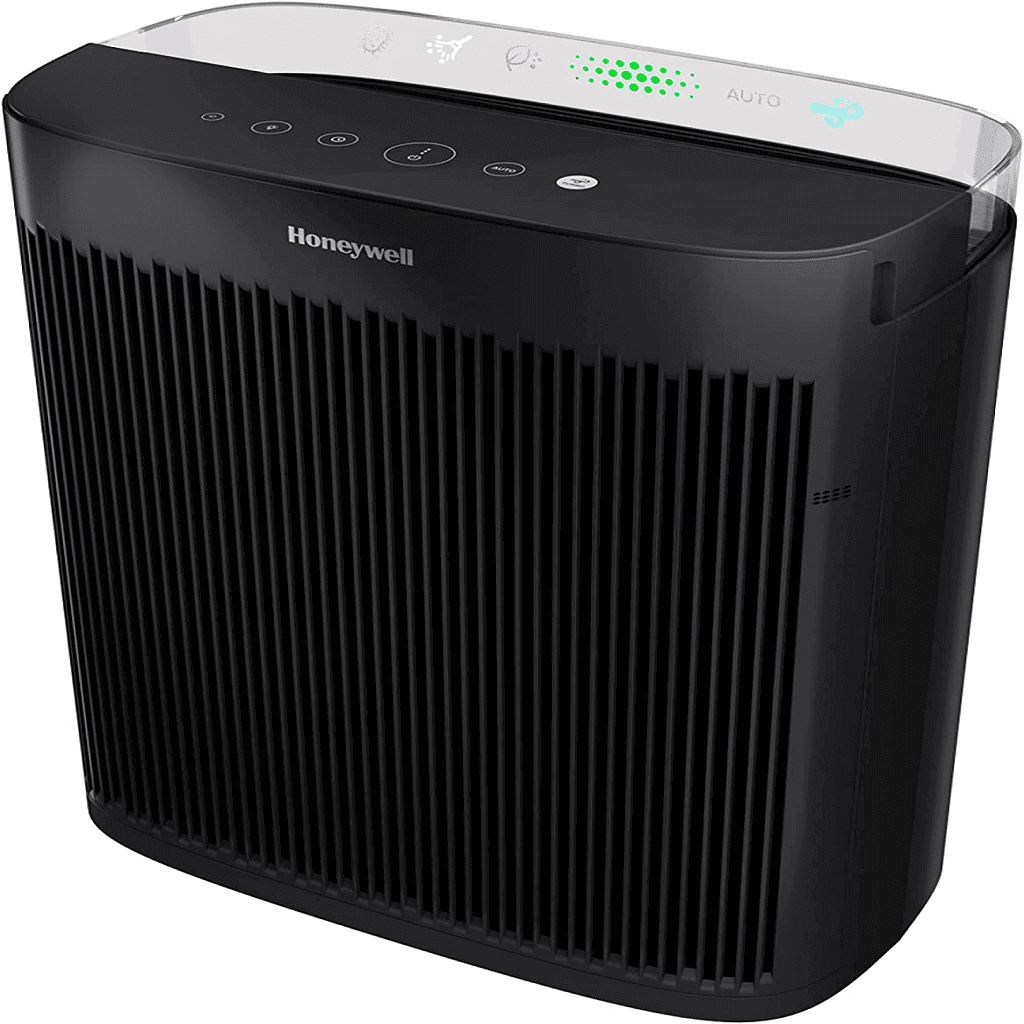
Image Source: Honeywell
Despite being an American company, Honeywell didn't centralize itself when it came to the production of its offerings. Of course, this has a lot to do with the overarching decision of its top-brass officials. Labor costs, accessibility to materials, and availability of manpower are among the reasons why Honeywell extended its operation outside U.S. soil.
Specifically, Honeywell air purifiers are manufactured in different countries, such as China, Korea, and Portugal. Honeywell has to outsource its products to ensure that it can meet the growing demands of its customers. At the same time, the company wants to ensure its profit-building capabilities by streamlining the costs of its production.
So does this mean that Honeywell air purifiers are substandard? Not necessarily. After all, we have mentioned that this brand is one of the top air purifier manufacturers in the world. Its air purifiers are independently tested by third-party laboratories. Honeywell air purifiers are Energy Star certified and AHAM verified, proving that their quality isn't shabby.
Furthermore, these air purifiers have matched the standards of the American Lung Association, thanks to the usage of high-quality HEPA filters. Where Honeywell air purifiers are made aren't that important anymore in this context. What matters is that they are effective air filtration systems.
Frequently Asked Questions About Honeywell Air Purifiers
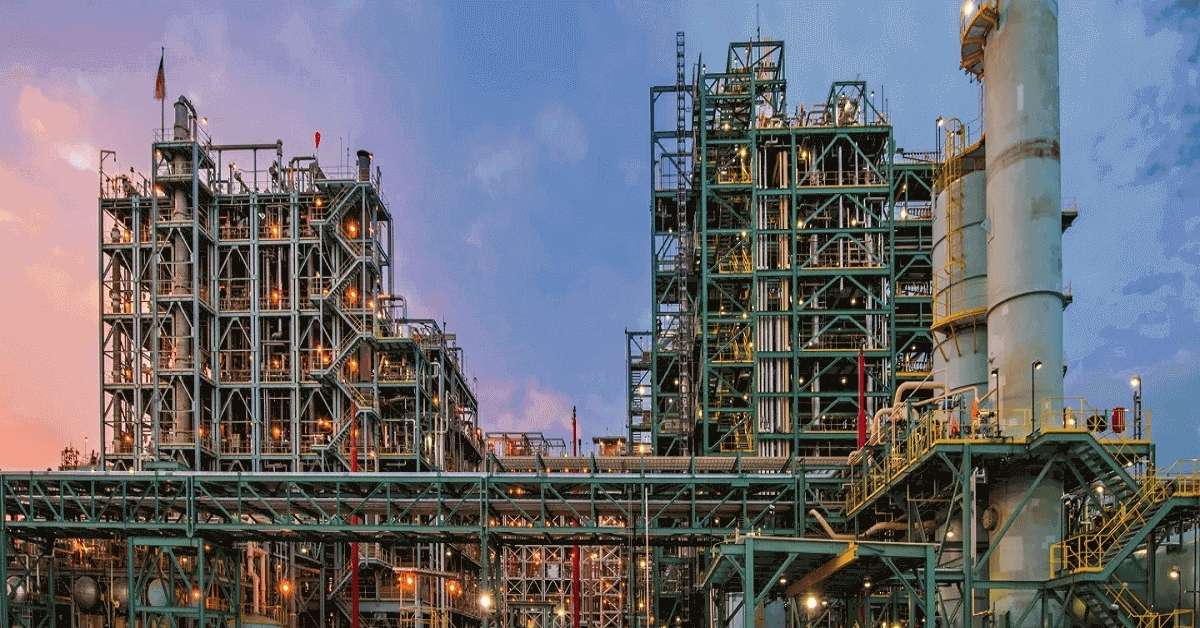
Image Source: Honeywell
Here are some of the most prevailing inquiries of first-time customers of Honeywell, specifically when it comes to its air purifiers:
How to Use Honeywell Air Purifiers?
It's interesting to indicate that Honeywell air purifiers aren't that too complicated to use. These air purifiers are designed to be as straightforward as possible, ensuring that new users would never have difficulty using them.
Most of the new Honeywell air purifiers are already digital. This means that they have a touch-screen interface featuring one-touch buttons integrated on their panels. Most of the time, their panels are placed on their top portion. In this way, you will be able to access them conveniently. You don't need to curl down just to set the configurations of the air purifiers.
Basically, these air purifiers are "press and play." You don't need to do anything before the devices do their thing. Once the air purifiers are plugged in, you can already press the power button so that they start running.
You can also adjust the fan speed of these Honeywell air purifiers. Fundamentally, they have high, medium, and low settings, ensuring that you can configure them based on your current needs. For instance, if you want the air purifier to run continuously, setting it to its lowest setting is essential. In this way, you can save electricity while making sure that your air is clean.
Some Honeywell air purifiers have air quality sensors. They automate the operation of the air purifier by monitoring the presence of airborne pollutants. Based on the readings, the sensor can either increase or decrease the fan speed of the air purifier.
How Often to Change Honeywell Air Purifier Filters?
The original filters integrated into Honeywell air purifiers are durable. This means that they can last for prolonged periods, especially when the air purifiers are used properly. The functionality of these filters is reliable, but that doesn't mean that they last a very long time.
These filters aren't washable either. So there's a need to replace them from time to time. That adds to the cost of running these air purifiers. But of course, other air purifier brands have the same mechanism, as well.
The lifespan of these air filters is three months on average. If the air quality in your home isn't that bad, then it can last for another month or two. In settings where indoor air pollution is bad, these filters can wear out as quickly as one month.
Some Honeywell air purifiers have check filter indicators. They effectively remove the guessing game when it comes to filtering replacements.
Best Air Purifier Manufacturer in China
Honeywell is indeed a great brand for air purifiers. But if you are eyeing exploring other options, you might want to check other international brands. One of these alternatives is the HisoAir.
HisoAir
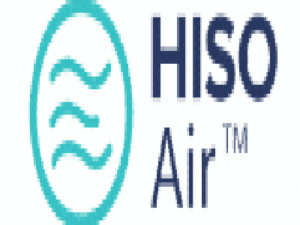
Image Source: HisoAir
- Business Type: OE/OD/JD Manufacturer, Supplier
- Headquarters: New Generation Info. Tech. Industrial Park, BaoAn District, Shenzhen, China
- Main Markets: Global
- Years of Experience: 11 years
- Certificates: CE, ROHS, EN1822
The quality of HisoAir air purifiers is designed to compete with popular air purifier brands, such as Honeywell, Levoit, and Blueair. With over ten years of experience in the industry, this company has already produced a plethora of medical-grade air purifiers. Its products are used in hospitals, government buildings, private facilities, and residences.
HisoAir is also capable of manufacturing these air purifiers in bulk. It can cater to orders in large quantities. It also accepts international orders, offering competitive rates to their offerings. Of course, HisoAir air purifiers are efficient. They are equipped with professional-grade HEPA filters that are capable of capturing 99.97 percent of microscopic contaminants.
Key Products
Conclusion
Here, we can see that Honeywell air purifiers are great air purification tools. They have exceptional ergonomics, as well, allowing users to utilize them correctly. Furthermore, they are durable and safe to use.
Meanwhile, you can also try other air purifier brands such as HisoAir. The latter, for instance, offers effective air purifiers that work in both commercial and residential applications. They are also priced reasonably, ensuring that you can acquire them without a bother. Visit HisoAir and learn more about its products.
Check the following articles, too!

